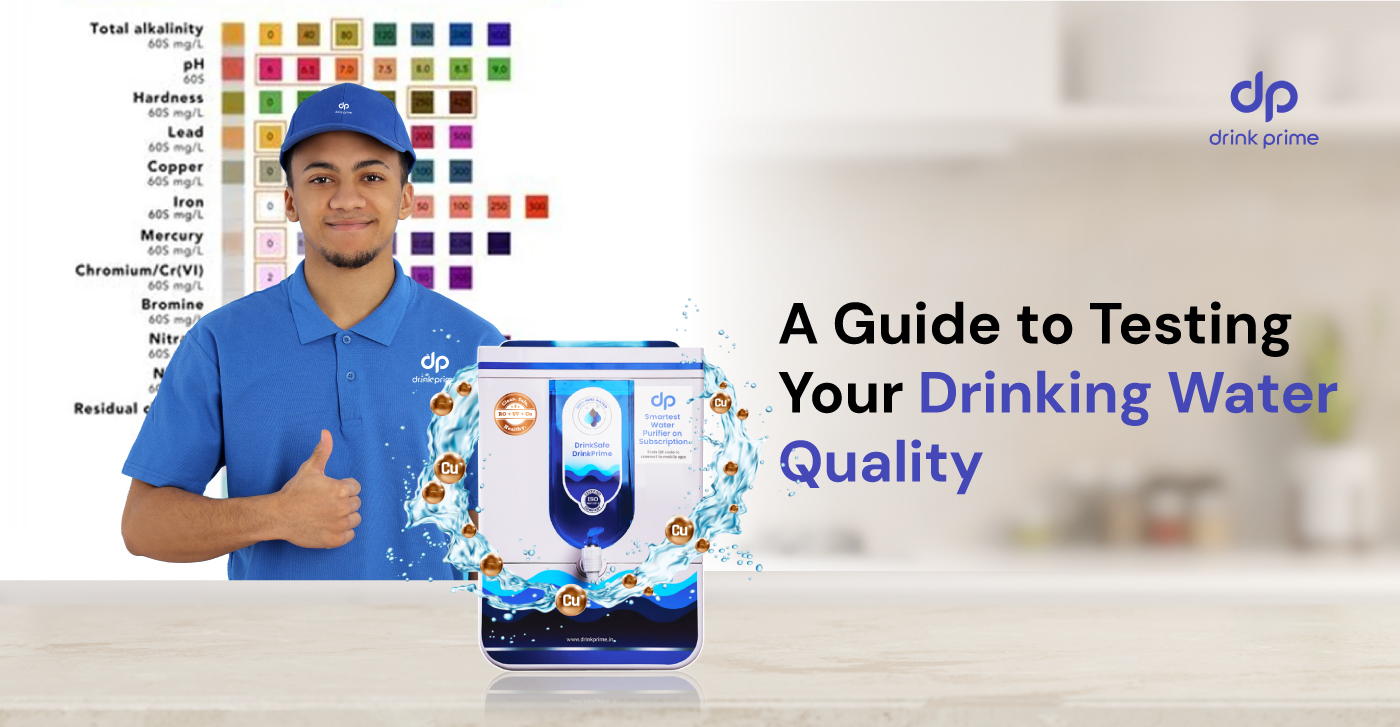Adequate hydration is one of the key important aspects that you can do daily to keep your body and mind healthy and active. Moreover, our body is made up of almost 77% water and thrives on consistent hydration to perform all its functions optimally. Besides regulating your body temperature and lubricating your joints, it maintains the electrolyte balance, regulates blood pressure, and ensures the proper distribution of nutrients.
Exercise increases the risk of fluid loss, as you tend to sweat profusely while working out. So adequate hydration is important before, during, and after your workout. But how exactly do you stay hydrated during workouts? And what common mistakes should you avoid? In this article, we will understand how to stay hydrated while working out.
Why Hydration Matters During Exercise?
When you work out, your body generally heats up. So to cool it down, it sweats. Sweat is not just water but also electrolytes like potassium, sodium, and magnesium, which are important for muscle function and overall health. If you don’t replenish what you lose, dehydration can set in
quickly, which leads to fatigue, muscle cramps, dizziness, poor performance, and even heatstroke in some cases.
Smart Tips to Stay Hydrated During Workouts
1. Start Hydrating Before You Even Begin
So before you hit the gym, start hydrating at least 1-2 hours before your workout. This makes sure that your body starts off in a well-hydrated state and doesn’t have to play catch-up mid-session.
2. Sip and Don’t Chug
While you work out, sip water at regular intervals instead of chugging large amounts all at once. Chugging water can cause discomfort and bloating. So ensure that you sip the water, and aim to drink 7-10 ounces of water every 10-20 minutes during exercise, depending on the intensity and weather conditions.
3. Listen to Your Body
Thirst is not always the first sign of dehydration. So make sure you look out for early signs like dry mouth, headache, and feeling unusually tired, so if you witness any of these, then pause your workout and hydrate.
4. Consider Electrolytes for Long or Intense Sessions
So, if you are sweating profusely during a marathon training session or intense yoga class, plain water might not cut it. So, in such cases, it is smart to replace all the lost electrolytes too. Besides, you can opt for natural electrolyte-rich foods like bananas or coconut water or use electrolyte supplements as well.
5. Choose High-Quality Water
Your hydration is only as good as the water you drink. Most of the tap water in many cities can contain impurities, chlorine, and even heavy metals, which aren’t ideal, especially when your body needs clean, healthy, and pure water to perform its best. So that’s a reason a smart solution like DrinkPrime comes in. DrinkPrime offers a customised water purification system designed to suit the quality of water at your home. DrinkPrime’s technology ensures you get water that’s not just safe but also enriched with essential minerals your body needs for hydration and recovery.
How much water should you drink while exercising?
So before you work out, drink around 500 ml of water 2 hours before and top up with another 200-300 ml of water 20 minutes before you begin the workout. During the workout, sip water every 15-20 minutes, and adjust if you are in a hot environment or sweating more heavily.
Additionally, post-workout, try to replace the fluids that you have lost during the workout.
Summary
In conclusion, it is important to stay hydrated during the workout to boost performance and help your body recover faster. It is not just about drinking water, but it is about drinking the right amount of water, at the right time, and in the right quantity. So, next time you lace your shoes or roll out your yoga mat, make sure you hydrate well enough. And also remember with DrinkPrime, getting access to clean, high-quality, hydration-boosting water is just a tap away.




